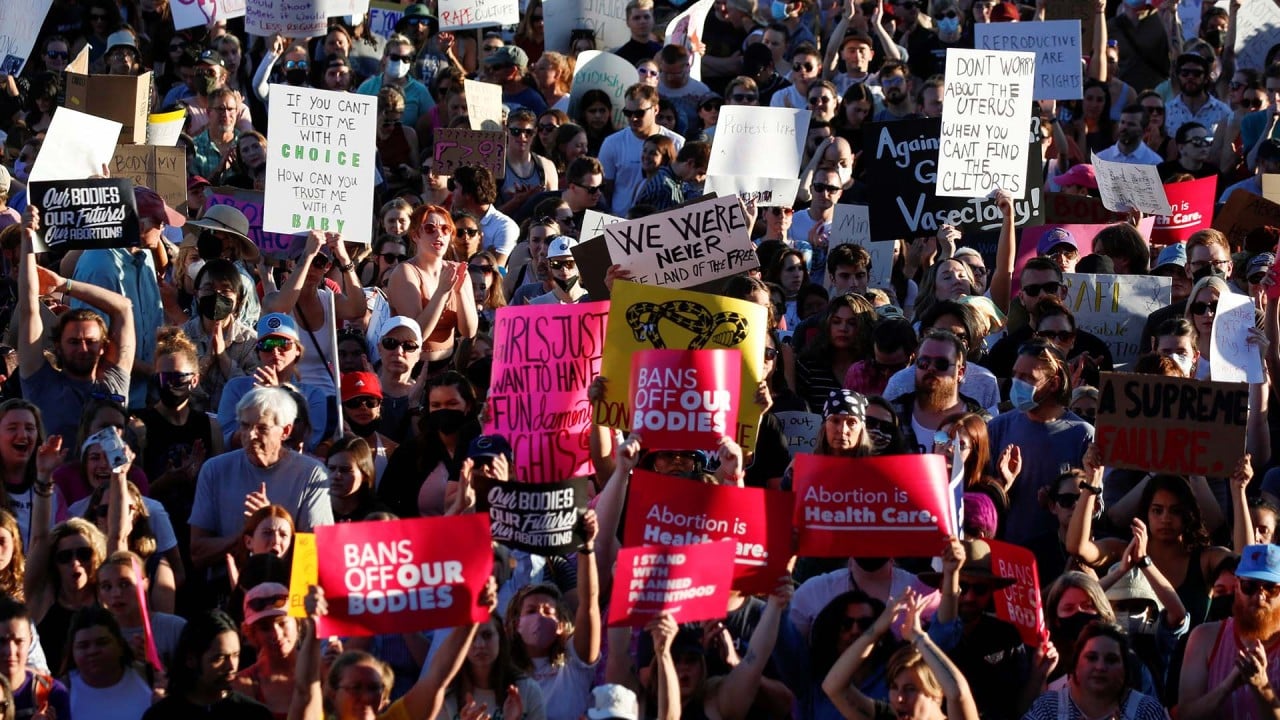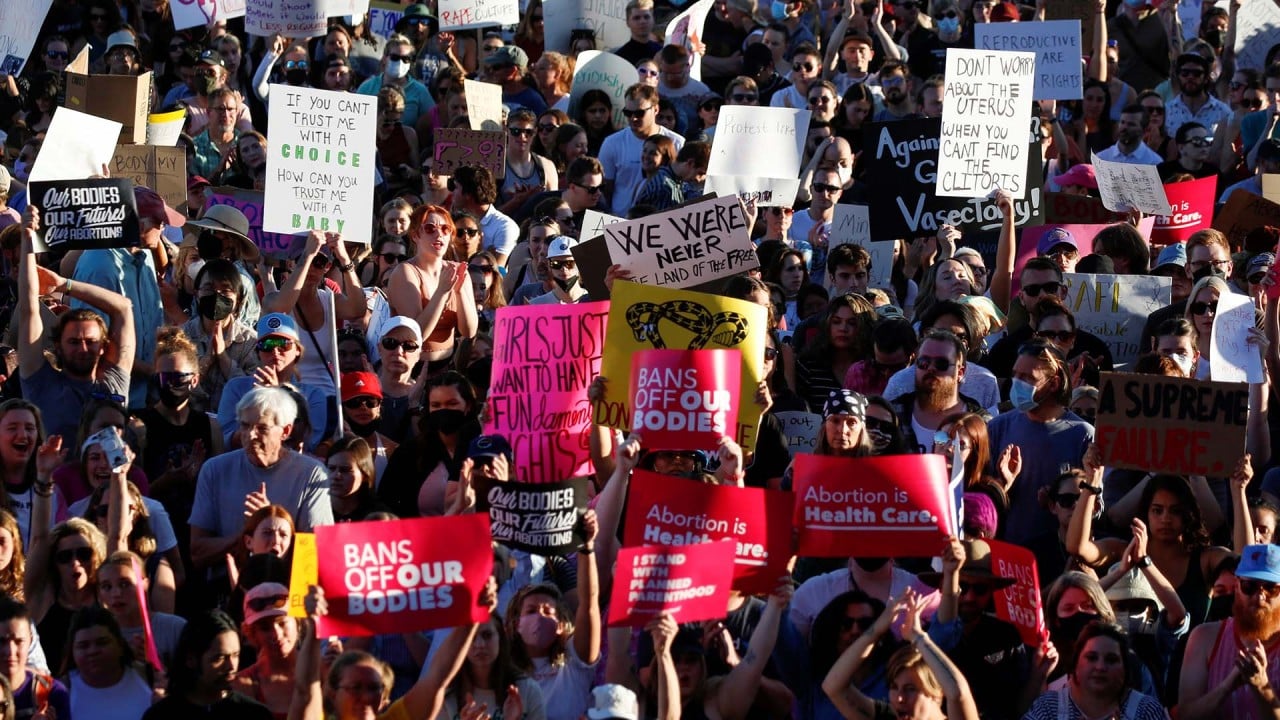Donald Trump said he would vote against a Florida amendment that sought to expand abortion access, after the Republican presidential nominee drew anger from conservative allies by appearing to endorse the initiative.
The referendum in Trump’s home state would broaden abortion rights, currently limited in the state to the first six weeks of a pregnancy.
“You need more time than six weeks. I’ve disagreed with that right from the early primaries, when I heard about it. I disagreed with it,” Trump said in an interview with Fox News ahead of a rally in Johnstown, Pennsylvania.
“At the same time the Democrats are radical because the nine months is just a ridiculous situation,” he added. “All of that stuff is unacceptable, so I’ll be voting no for that reason.”

The proposed change would allow abortions “before viability,” which is usually around 24 weeks of pregnancy, and to protect the mother’s health as determined by her healthcare provider.
Vice-President Kamala Harris, the Democratic nominee, said in a statement from her campaign that “Donald Trump just made his position on abortion very clear: He will vote to uphold an abortion ban so extreme it applies before many women even know they are pregnant.”
Trump’s remarks sought to contain a controversy that threatened to damage his standing with evangelical leaders who have helped him cement his hold on the Republican Party.
At the same time, the firestorm highlighted the challenges he faces as he seeks to soften his stance on abortion to bolster his appeal to independents and suburban women with whom his efforts to overturn federal protections have become an electoral liability.
In an NBC News interview Thursday, Trump said he was “going to be voting that we need more than six weeks,” when asked about the Florida abortion referendum.
That comment drew quick criticism from allies, including Marjorie Dannenfelser, head of the anti-abortion group Susan B. Anthony Pro-Life America, who said voting for the amendment “completely undermines” Trump’s opposition to abortions after five months of pregnancy.
Minutes later, Dannenfelser issued a “corrected” statement saying she had spoken with Trump and he assured her he was uncommitted on how he actually planned to vote on the amendment. The campaign also echoed that position, with spokeswoman Karoline Leavitt saying Trump had “not yet said how he will vote” on the initiative.
Trump nominated three of the Supreme Court justices who voted to reverse Roe v. Wade’s federal protections for abortion, creating a patchwork of restrictions across the county that galvanised Democratic voters.
Yet in recent weeks, Trump has sought to position himself as a leader on reproductive rights, angering both conservative allies who worry he is abandoning them on a key issue as well as Democrats who say the former president is insincere.
On Thursday, Trump also said that if elected the government or insurers through a mandate would be required to pay for all costs associated with in vitro fertilisation treatments. IVF treatments have become a flashpoint in the debate over reproductive rights with Democrats warning that court rulings on abortion also threaten fertility treatments such as IVF.
Meanwhile, Trump’s rally in Johnstown on Friday unfolded during a stretch that has seen the former president heighten his campaigning – and sharpen his attacks – in a bid to blunt Democratic rival Kamala Harris’ momentum in the race.
A Bloomberg News/Morning Consult poll released on Thursday found Harris has overtaken Trump in the state for a 51 per cent to 47 per cent edge – part of a broader surge that has her leading or tied with him in each of the seven battlegrounds likely to decide the race. Harris’ entry into the presidential contest after President Joe Biden’s decision to stand aside has helped Democrats reshape the electoral map with just two months left until the election.
While voters across the country rate the economy as one of the central issues of the campaign, the battle between Trump and Harris’ economic visions will be particularly acute in parts of the country such as western Pennsylvania, where Democrats are eager to pull in white, working class voters – once a bedrock for their party but who have been drawn to Trump in recent elections.



